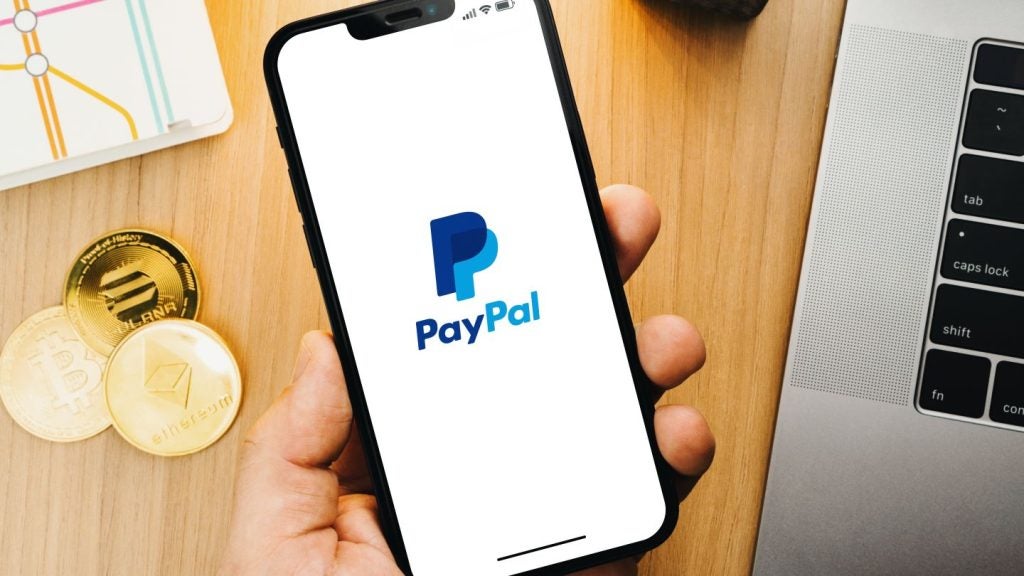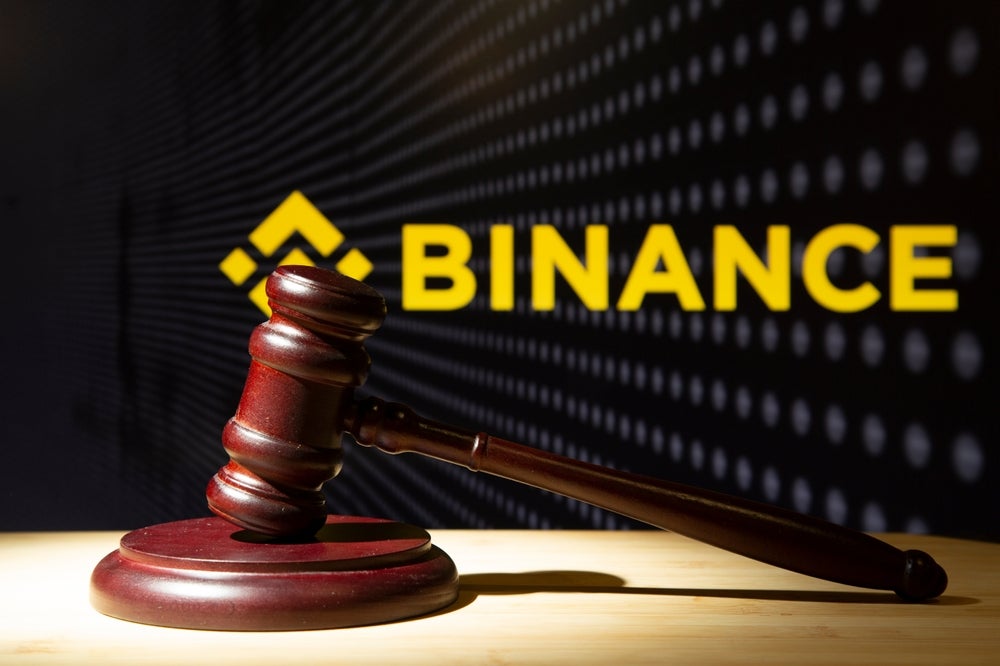Who hasn’t stood in front of a vending machine endlessly feeding the same coins in over and over again in the hope that the machine will eventually take them, asks Billy Bambrough
It is a constant struggle for many, and one of the ultimate first world problems – you have money, you can see the unhealthy treats and yet you cannot get at them.
That may be set to change though as TouchGo, a vending machine software company has announced it is partnering with VocaLink-owned Zapp to allow people to pay with their mobile phones at its UK vending machines.
Zapp differs from that other mobile payment service you might have heard something about recently after it got a little press coverage – Apple Pay – which links to your debit or credit card and allows you to pay with that through your phone.
Moving away from cash is a big milestone for vending machines as they have been historically limited to small value transactions, almost exclusively in the UK, through minted coins.
Opening up payment options to larger amounts allows for ATMs that stock bigger ticket items, such as TouchGo’s recent Boots ATM at London Gatwick airport, which uses a contactless card reader and carries items up to values of £15 ($24).

US Tariffs are shifting - will you react or anticipate?
Don’t let policy changes catch you off guard. Stay proactive with real-time data and expert analysis.
By GlobalDataThe move to Zapp follows TouchGo’ s integration of debit cards and contactless payments on to super-high-tech and not at vending machine-like: Microsoft Azure cloud connected, 46" touch screen, video enabled, big, shiny computer stuffed with things you can buy.
TouchGo has been in the industry of smart vending machines for a long time, it put the first vending machine to use contactless cards in the UK in Paddington station with Visa way back in 2009.
The vending machine is becoming a high-end computer stuffed with things you can buy
This evolution of vending machines has been slow coming due to the cost of card payments per transaction. Making a card payment for a transaction that costs less than one Dollar/Euro/Pound is not cost effective for either the vending machine owner or the customer. Zapp’s bank transfer model though is set to remove this hurdle.
Per Hovland, CEO of TouchGo, told EPI that prior to creating a Zapp compatible machine the company has previously worked with PayPal and Insignia to create non-cash vending machines.
Hovland is very keen to work with Zapp, "It’s the one system I’m excited to work with. I think it will revolutionise the payments system," he says.
According to Hovland choice is the key for vending machine adoption, as the industry should be making it as easy as possible for customers to buy and pay.
Though the company has worked with accepting non-cash payments before, Zapp poses a different challenge as it connects the person’s bank account directly with the vending machine via a bank transfer.
This skips out any middle men involved in the process, and, in this reporter’s opinion, creates a system that looks much more like the bitcoin payment model than the card and processor stuffed one we currently suffer through.
With the Insignia machine that TouchGo worked on previously you are able to use whichever contactless card you’d like to, but the key difference on the Zapp enabled vending machine is that cards don’t come into the process, it’s straight from your bank account.
Using the Vocalink created Faster Payments System the money moves from one account to another virtually instantly.
"This is far better than using the card system. Companies will be able to see in almost real time which machines are selling which products as the money comes into their account," says Hovland.
TouchGo is in the process of looking at the APIs that the company will have to connect to and how to best use Zapp’s tokenisation design.
Hovland says: "We went for a big screen at the front of the machine so we can best show the user all the information they need to complete the transaction. It’s all there upfront on a detailed display."
This is a marked move away from the traditional vending machine display that is still most commonly found with a calculator-esque display, capable only of showing letters and numbers that vaguely resemble their real word counterparts.
Hovland says that the beauty of working with Zapp is simplicity of interfacing through the API to its software and taking the payments system itself away from the machine and onto the smartphone.
This also makes it far cheaper for companies like TouchGo to produce vending machines when the customer is carrying an expensive component already.
Cash upfront? The unique logic of existing vending machines
The way vending machines work today is unique in the retail world, with customers having to enter cash before they have got their hands on their product, and are often unable to retrieve their cash if there is a problem with the machine.
Hovland says that ATMs will work very differently in the future with people able to build a basket on the ATM, and be able to see that the products are available before putting money in.
Bitcoin is a payment method that Hovland is planning on eventually getting around to.
"We haven’t looked at bitcoin yet, but we will once I fully understand it and how it will work with our vending machines."
Zapp will eventually be open to all financial institutions, merchants, acquirers and consumers and will be launched in autumn 2014.
Similar to the Paym service of peer to peer money transactions, Zapp will have to be integrated into banks existing mobile banking software and will have different roll out times for customers depending on when their bank chooses to integrate it.
Banks already signed up to work with Zapp are HSBC, Nationwide, Metro Bank, and Santander.
WorldPay, Elavon, Sage Pay, Realex Payments and Optimal Payments have also signed up on the payments side. Combined these payment companies manage 60% of UK retail payments.







